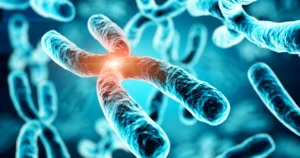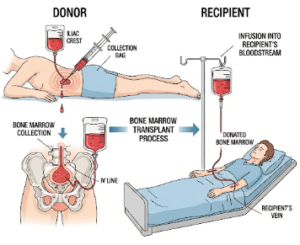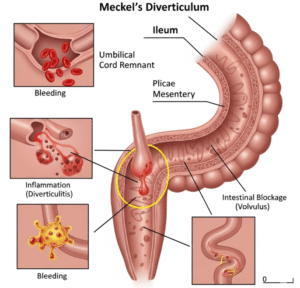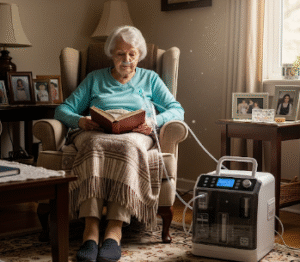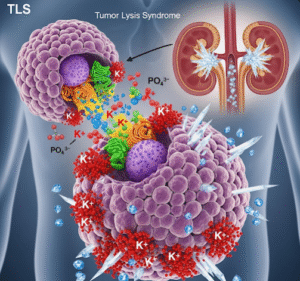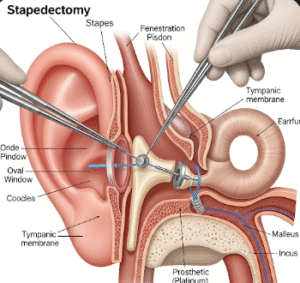Overview
Fluid retention, also known as edema, is a condition where excess fluid builds up in the body’s tissues, causing swelling in areas like the legs, ankles, feet, or hands. In Korea, fluid retention is evaluated and treated in cardiology, nephrology, and internal medicine clinics, as it can be a symptom of underlying health issues such as heart, kidney, or liver disease. Modern diagnostic tools, including blood tests, imaging, and specialized monitoring, help identify causes and guide treatment.
What is Fluid Retention?
Fluid retention occurs when the body retains more water than it eliminates, leading to swelling and discomfort. It can be localized, affecting specific areas, or generalized, affecting the whole body. While mild fluid retention may result from lifestyle factors, persistent or severe edema often signals underlying medical conditions.
Symptoms
- Swelling in feet, ankles, legs, hands, or face
- Tight or shiny skin over swollen areas
- Stiff joints or difficulty moving affected limbs
- Rapid weight gain due to fluid accumulation
- Puffy abdomen or bloating
- Shortness of breath if fluid accumulates in lungs (pulmonary edema)
- Indentations in skin when pressed (pitting edema)
Causes
- Heart problems: Congestive heart failure reduces the heart’s ability to pump blood effectively
- Kidney disorders: Impaired kidney function leads to fluid and salt retention
- Liver disease: Cirrhosis reduces protein levels, causing fluid leakage into tissues
- Hormonal changes: Menstrual cycles, pregnancy, or thyroid disorders
- Medications: Steroids, calcium channel blockers, NSAIDs, or certain diabetes drugs
- Venous insufficiency: Poor circulation in legs leading to fluid accumulation
- Excess salt intake or prolonged immobility
Risk Factors
- Older age
- Sedentary lifestyle or prolonged standing/sitting
- Obesity
- Chronic kidney, liver, or heart disease
- High-salt diet
- Pregnancy
- Certain medications that promote water retention
Complications
- Discomfort, pain, and reduced mobility
- Skin breakdown or infections in severely swollen areas
- Pulmonary edema causing breathing difficulties
- High blood pressure and strain on the heart
- Masking of underlying medical conditions if untreated
Prevention
- Reduce salt intake and maintain a balanced diet
- Regular physical activity to improve circulation
- Elevate legs periodically to prevent swelling
- Monitor weight regularly to detect sudden fluid gain
- Avoid prolonged standing or sitting without movement
- Follow medical advice when taking medications that can cause fluid retention
Treatment Options in Korea
Diagnosis:
- Physical examination and measurement of swelling
- Blood tests for kidney, liver, and heart function
- Urinalysis to detect proteinuria or kidney issues
- Imaging: echocardiography, ultrasound, or CT scans to evaluate organs and fluid buildup
Medical Treatments:
- Diuretics to help remove excess fluid
- Management of underlying conditions (heart, kidney, liver disease)
- Medications to improve circulation or reduce inflammation
- Lifestyle modifications including low-salt diet and exercise
Surgical or Advanced Interventions:
- Rarely required, mainly for severe cases related to heart, kidney, or liver disease
- Procedures may include dialysis for kidney failure or surgical correction of venous insufficiency
Rehabilitation & Support:
- Physical therapy to improve circulation
- Education on self-monitoring for swelling and weight changes
- Ongoing medical follow-up to manage chronic conditions
- Compression stockings for leg edema


